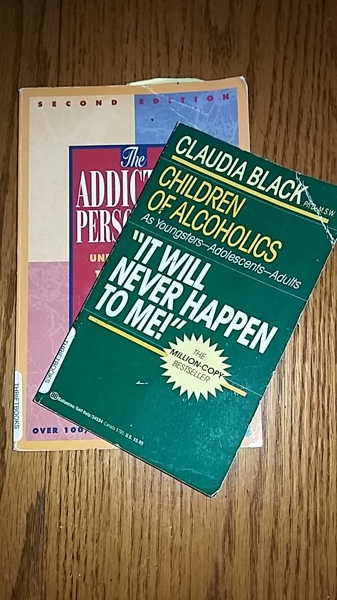Course Spotlight: Psychology of Addiction
HCC has a wonderful psychology department with experienced staff and a variety of courses. Students can enroll in HCC’s psych classes to fulfill an open elective and/or as part of their degree requirement in fields like psychology and human services. A course that is great for both is Psychology of Addiction with Professor Coba-Loh, who is wonderful and knowledgeable. It is an incredibly informative, interesting and engaging class.
Speaking from experience, most people admire Professor Coba-Loh after the first introductory class. Students adore her; her 4.8/5 star rating on ratemyprofessor.com says it all. She has a strong presence and bright personality which make her an easily likable person. It makes paying attention to lectures a lot easier when a professor is charismatic, but it’s not just her charm that will win you over.
Coba-Loh is very wise and knows an extensive amount about the psychology of addiction. “When I was 18 I started my mental health work. I did 11-12 years of clinical work before coming to Housatonic,” said Coba-Loh. She has been teaching this course for about 18 years now and really knows what she is talking about. It’s great when she connects real life stories to lectures. Having been a counselor for over 20 years, she has seen, heard, and helped treat almost everything you could imagine. Coba-Loh will give you chills on a weekly basis.
Coba-Loh’s Psychology of Addiction class is entirely outlined in a nice syllabus which students receive the first week of classes and is most appreciated by students. She provides multiple contacts at which she can be reached, the course grading policies, required books, test dates and even a day-to-day calendar. There are usually three books selected for the course. They are easy reads, filled with surprising information, and Coba-Loh explains the significance of all of them. Coba-Loh has found a lot of students finish the books in one or two sittings because they actually enjoy them: something you don’t hear a lot from college students.
There is one paper that Coba-Loh requires from her students during the semester. It is a one page personal reflection based on your very own experience at an Alcoholics Anonymous meeting. Understandably, the majority of students are nervous when they first hear about the assignment because it is something out of their comfort zone. “At first, I felt nervous because all I knew about AA meetings were what I saw in TV shows and movies. But, yes! It was worth it,” said student Michael Rodriguez.
The end consensus is usually a positive one. Students feel good about pushing themselves to overcome the nerves of attending an AA meeting and 99.99% of the time they walk away having learned something whether it be about themselves, other individuals, or addiction itself.
After all the notes and books are covered, and the students have a solid education on the psychology of addiction, Coba-Loh dives into her famous final project. Coba-Loh has been assigning this group project for years and has no intention to change it because the outcome is always so wonderful.
The last six class meetings are devoted to student presentations, which are each one hour with 4-6 group members. Based on personal preference, a student is placed into one of the six addiction groups: alcohol, drugs, sex/love, eating, gambling, and shopping. Students have more than a month to research and plan a creative (creativity is crucial!) presentation teaching their classmates all about their specific addiction. Not only does the entire class gain an abundance of knowledge, but Coba-Loh continues to have students teach her something new every time she assigns this project.
In the course catalog, students can locate Psychology of Addiction with PSY* E140. General Psych I is a prerequisite. It counts for 3 credits as a behavioral science course. According to the catalog, this course “provides an expectation of the psychological issues associated with addictive behavior. Particular areas of concern include alcoholism, drug addiction, eating addictions, gambling disorder, relationship dependency and other addictive traits. Examines current research and treatment techniques.”
Psych of Addiction with Coba-Loh, though, is so much more than that. It is a learning experience. I would even call it an adventure through the psychology of addiction. Whether a student is interested in this class because they are an addict, have an addict(s) in their life, want to further the extent of their knowledge, and/or any combination these reasons, this course will be highly beneficial and enjoyable.
